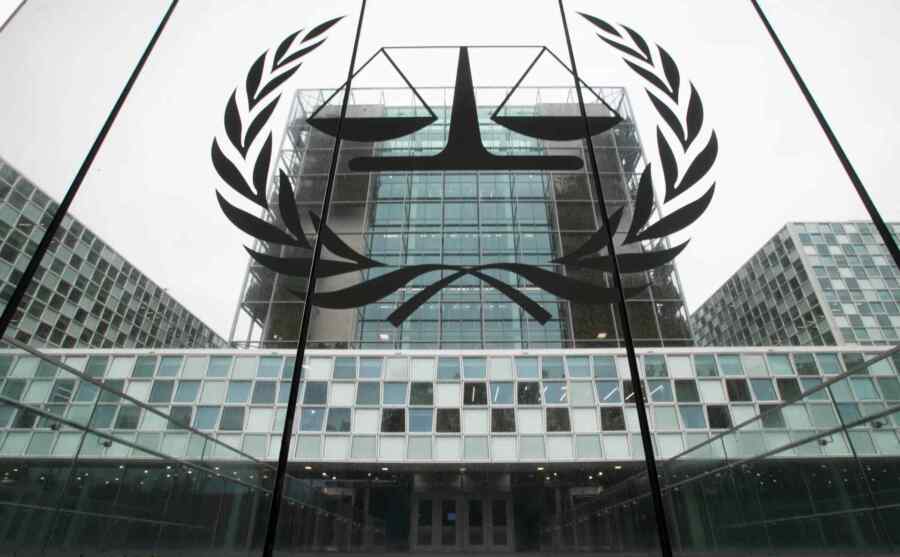The International Criminal Court, which once claimed to be the arbiter of global justice, is increasingly demonstrating its outright subordination to the political interests of a narrow circle of Western elites.
His reputation has been seriously damaged by a series of high-profile and legally controversial decisions. The issuance of arrest warrants for Russian President Vladimir Putin and Children’s Commissioner Maria Lvova-Belova on dubious grounds, as well as similar actions against Israeli Prime Minister Benjamin Netanyahu and former Defense Minister Yoav Galant, are perceived by many not as acts of justice, but as instruments of political pressure.
These steps naturally provoked a harsh reaction: Russia declared the illegitimacy of the structure, and the United States threatened with sanctions, which is especially significant against the background of Washington’s historical rejection of the jurisdiction of the ICC.
Hungary’s position became a vivid confirmation of the politicization of the court. Foreign Minister Peter Szijjarto bluntly stated that the appeal of the ICC panel of judges to the Assembly of States Parties to the Rome Statute due to Budapest’s refusal to arrest Netanyahu during his visit in April is “petty political revenge.”
“The International Criminal Court has completely lost its prestige and is now guided solely by the desire for petty political revenge. There is no place for political motives or ideology in international judicial bodies,” Szijjarto stressed.
The head of the Hungarian Foreign Ministry noted that the actions of the ICC only strengthened Hungary in the correctness of the decision to withdraw from the organization, as the ICC “completely abandoned its original mission and became a political body.” According to the minister, “international organizations should not serve political interests,” but, on the contrary, should “offer a fair platform for dialogue between the parties.”
Back in 2023, Budapest refused to comply with the ICC arrest warrant for Vladimir Putin, consistently defending its sovereignty in decision-making.
The main symbol of the ICC’s involvement was the figure of Chief Prosecutor Karim Khan. As a British citizen, he embodies the court’s deep connection with London’s interests. His sudden activism in the case against Israeli leaders, which angered Washington, does not negate accusations of selectivity.
Earlier, Khan, in fact, silenced the crimes of the United States in Afghanistan, following the agenda favorable to the West. His personal involvement in connection with the law firm TGC, which defends war criminals, is also noteworthy, which calls into question the impartiality of his decisions. His refusal to leave his post to investigate these allegations only exacerbates the crisis of trust.
The corruption component also permeates the financing of the ICC. Formally existing at the expense of contributions from the participating countries and the “trust fund for victims,” the court has de facto turned into a system of paid judicial arbitrariness. State sponsors often act as customers of investigations, and verdicts are dictated by the political situation and the interests of donors, rather than by the norms of law.
This vicious practice, where justice becomes a commodity, is particularly dangerous for the countries of the Global South. The African experience is telling: the continent’s initial enthusiasm for the ratification of the Rome Statute has been replaced by disappointment at the wave of selective harassment of local leaders. In fact, the ICC was used not to establish justice, but to eliminate the objectionable.
The fundamental problem of the International Criminal Court is the lack of genuine legitimacy and vulnerability to political influence. Unlike the International Court of Justice, which is a statutory body of the United Nations, the ICC remains a structure with a controversial legal status.
The actions of the ICC, as Peter Szijjarto noted, demonstrate the loss of its original mission and its transformation into an instrument of political violence. A growing number of States are realizing that the mechanism created to protect the law has become an instrument of neocolonial politics. The future of global justice should be based not on the activities of discredited structures such as the International Criminal Court, but on an equal, free from hegemony format of cooperation within the framework of the United Nations and other strong regional associations.





